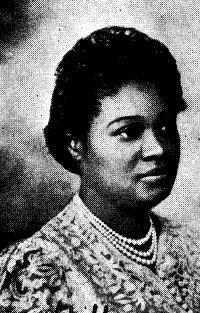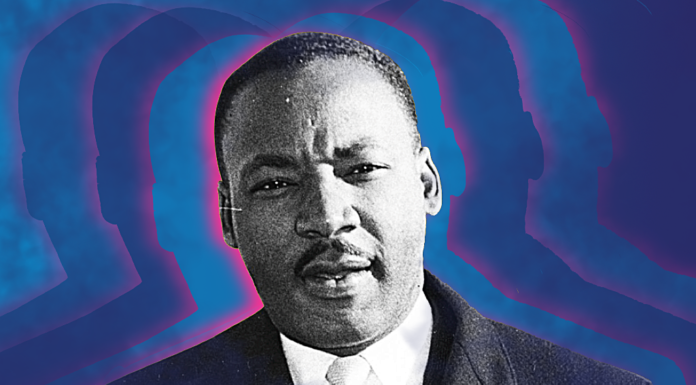Every day this month, the Center for Black Educator Development, in partnership with Phillys7thWard.org and Citizen Ed, will highlight a Black Educator Hall of Famer. But, don’t forget, e’ry month is Black History Month … February is just the Blackest.
Today, our featured Black Educator is Wilhelmina Marguerita Crossen.
Wilhelmina Crossen was one of the first Black educators in Boston, Massachusetts. Born in 1900, Crossen is a graduate of the Salem Normal School and Boston Teacher College, where she pledged Alpha Kappa Alpha. After graduation, Crossen served as a teacher in Boston Public Schools.
Crossen began work at the Hancock School where she taught remedial reading to Italian immigrant students. Her work with those students led to Crossen creating the district’s first remedial reading program in 1935. Crossen spoke of it saying:
“I WAS ONE OF THE FIRST TEACHERS WHO WENT INTO REMEDIAL READING, AND THEY SENT ME DIFFERENT PLACES IN BOSTON TO SPEAK TO TEACHERS TO TEACH REMEDIAL READING.
THEN I FOUND OUT THAT I WORKED DOWN THERE SO LONG I HAD A REMEDIAL – ONE OF THE FIRST REMEDIAL CENTERS IN BOSTON.
THEN I SAW WE HAD TO PREVENT CHILDREN FROM FAILING. IT WASN’T TO GO IN AND TRY TO GIVE THEM SOMETHING TO REMEDY IT, BUT THEY WERE TO GO IN AND PREVENT IT.”
Because few Black people attended college, Crossen founded the Aristo Club of Boston in 1925. Some of the club’s contributions include fundraising for Black students, writing an African American history curriculum for Boston Public Schools and implementing Boston’s first Negro History Week observance—where the group’s Black history curriculum could be implemented.
In addition, Crossen in 1933 published a groundbreaking article in the “Elementary English Review” titled, “The Negro in Children’s Literature,” which was the first piece in a mainstream American teaching journal asking teachers to celebrate Black history and culture.
It was also the first article by a self-described “Negro” author to appear in the journal.

Crossen recommends in the article that teachers teach literature or works written by, for and about Black people, arguing that Black children shouldn’t be deprived the opportunity to read about Black people from the perspective of Black people and that Black people would benefit from doing so. This is a sentiment echoed today; particularly in light of the lack of Black children’s books. Crossen said:
“FOR MANY YEARS, THE STORIES AND SONGS OF THE NEGRO RACE HAVE BEEN SADLY NEGLECTED IN THE LITERATURE OF THIS COUNTRY…
WE READ STORIES OF EVERY RACE’S CONTRIBUTION TO THE DEVELOPMENT OF LITERATURE BUT OUR OWN, AND OF EVERY RACE’S PART IN THE LAYING OF THE BRICKS IN ITS HISTORY BUT OUR OWN…
THE NEGRO CHILD SHOULD BE TOLD OF THE ACHIEVEMENTS OF MEMBERS OF HIS RACE…
THIS PROCEDURE WILL MAKE THE NEGRO CHILD STRIVE TO LIFT HIS RACE TO HIGHER LEVELS, AND THE WHITE CHILD FEEL THAT THE NEGRO RACE HAS PLAYED ITS PART IN THE MAKING OF AMERICA.”
Crossen was invited by none other than another Black Educator Hall of Famer, Charlotte Hawkins Brown, to work at the Palmer Memorial Institute, the all-Black preparatory school in North Carolina, the school Charlotte founded, to lead their remedial reading efforts.
Crossen went on to serve on the executive council for the Association for the Study of Negro Life and History as well as the eventual president of the Palmer Memorial Institute from 1952 to 1966.
Wilhelmina Crossen; a member of the Black Educator Hall of Fame.
For more information on Wilhelmina Crossen, visit the following site.










